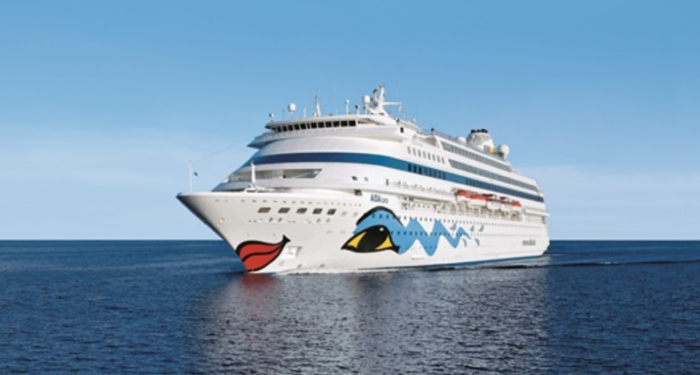In a recently launched report, Federal Maritime Commissioner Louis E. Sola discusses the economic impact of COVID-19 on Florida’s cruise sector and its seaports.
Specifically, Commissioner Sola explains the steps of each port in efforts to resume operations, including measures to protect passengers, crews, longshoremen and others from exposure to COVID-19.
Overall, the effects of the cruise shutdown have been serious for cruise operators, but the collateral damage has also extended to port authorities and cities throughout the state.
It is reported that the shutdown has an impact on a wide swath of Florida’s economy. People traveling to Florida to take a cruise also generate significant revenue for hotels, restaurants, bars, retailers and other enterprises.
The economic impact of the cruise industry in Florida in 2018 was roughly $8.5 billion in direct spending and $7.7 billion in wages.
Sola added that
The financial consequences of laid-up cruise ships are being seen in government coffers and the pockets of working men and women. Across Florida, people recognize the vital necessity of the cruise industry contributing to the economy again.
Throughout Florida, port authorities are trying to unilaterally and aggressively to establish protocols for safely handling passengers and vessel operations. Public and private interests at the local and state levels are united in establishing a responsible framework for safe resumption of operations.
A great number of Florida’s ports depend on the cruise industry and have been affected by the shutdown. For instance, PortMiami expects to lose $55 million in revenue during its 2020 fiscal year due to the shutdown.
Sola also noted the impact on ports that handle cargo, since falling consumer demand has hit the volume of containerized freight at Florida’s container terminals. According to the Florida Ports Council, the combined impact will likely cost Florida a total of $22 billion in economic activity, $775 million in tax revenue and 170,000 jobs over the course of 2020.






























































